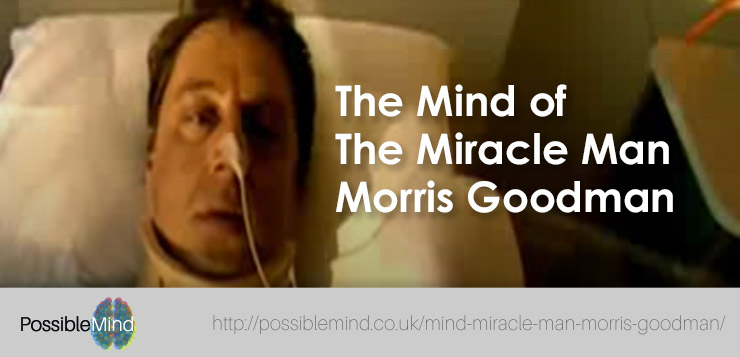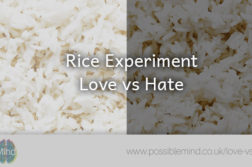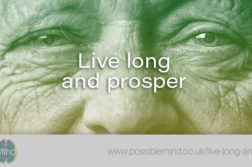This remarkable video demonstrates the tremendous mind set of The Miracle Man – Morris Goodman.
Morris, even though he was completely paralysed and his 1st and 2nd vertebrae were broken, had no doubt about his recovery even when Doctors told him that he would not breath on his own, speak or walk again. He states that it does not matter what they thought of me, The main thing that mattered is what I thought. Morris realised that he controlled his destiny and would live with the consequences of the choices he made and not the doctors so he chose the most positive behaviour to aid his recovery. He set his own goals and knew each individual targeted goal he would require to achieve his ultimate aim of walking out of the hospital by Christmas. If you don’t have a dream or a goal how is it supposed to come true? Morris to me shares the importance of setting a goal.
I would argue that Morris naturally had the correct Mindset to recover but that does not mean people can not learn and develop a similar mind set to aid their own recovery. For example we can stop and listen to our intuition. We can ask what is the first thing I need to do to recover. It is amazing if we quieten our mind and be open to an answer what ideas start popping up. As William S. Burroughs say:
Your mind will answer most questions if you learn to relax and wait for the answer.
Another good technique is to imagine yourself recovered and work mentally back to where you currently are. This has to two benefits, the first is that you accept where you are in the moment – acceptance, in my opinion, is the foundation for all recovery. The second is that as you work back you will spot each little milestone you need to work toward to recover.
Morris visualised himself walking out the hospital and as study after study has shown the mind can not tell the difference between what is imagined and what is real. Morris supports this when he states that “All I had to work with in the hospital was my mind and once you have your mind you can put things back together again.”. Brain plasticity research has shown that our brain can adapt and relearn new skills as our post on the Stroke Recovery of Pedro demonstrates.
Another interesting fact which links to the power of the mind statement that Morris made is the work of Dr Braun and his findings around multiple personality disorders. Many of his patients needed different glasses depending on the personality they were in. Another study showed that some patients had diabetes in one personality but not in another. All showing that mind has a huge effect on the body.
Morris also states that he could not let anything come in to his mind that would distract him from his goal and vision. To me this is a very telling thing to say because it demonstrates his focus and desire to achieve his target. He had one thing on his mind and that was to walk out of the hospital by Christmas. His desire was so high that nothing would stop him.
The focus can be achieved through raising your consciousness and awareness by only attaching to and choosing to act on positive thoughts which move you towards the goal. Any other thoughts which are not supporting that aim are just thoughts that can pass through. This ensures that all behaviour is proactive towards the aim of recovery. And as Morris so succinctly summed up by saying “Man becomes what he thinks about” he is so very right and his words remind me of the Buddha’s quote “What we think, we become.” and as we know the Buddha has much to say on Suffering and how we can overcome it. The main premise being acceptance and that is exactly what Morris did, he accepted he current position and then set his goals. With out that initial acceptance, in my opinion, he could not have reached his goal of walking again because he would not have had a foundation to build from. Acceptance is the first step in any recovery even if that recovery is to have many more steps in your life.
===============================================
July 9th Update – Please check out the post about the mind clinic which works with clients to help them develop a similar but bespoke mindset to give them the best possible chance of recovery.






